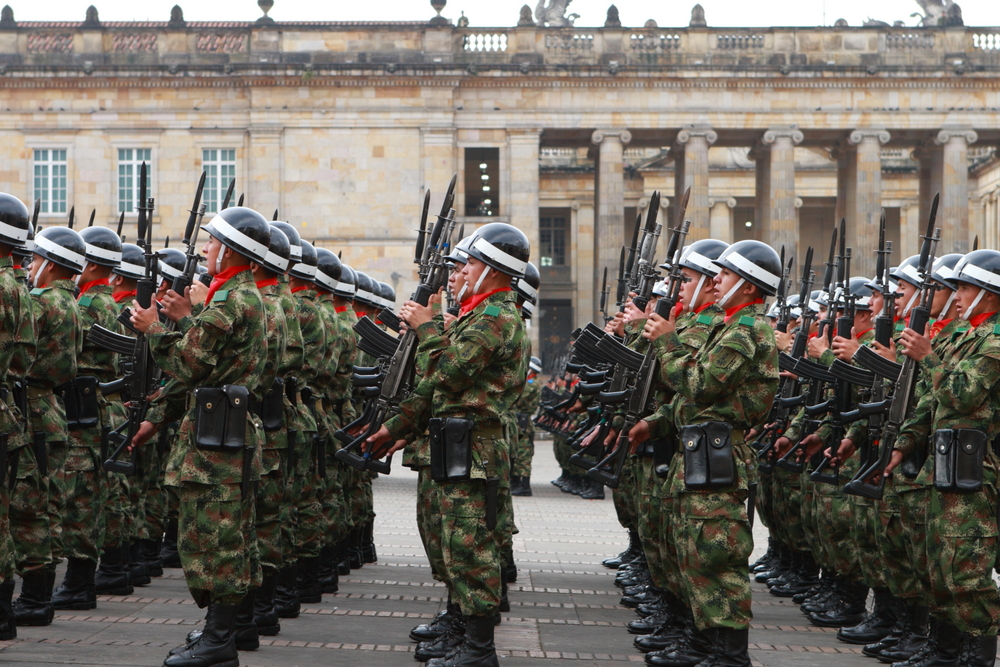President Gustavo Petro of Colombia has signed a decree suspending police and military operations against the National Liberation Army (ELN), the country’s largest remaining guerrilla group, for the next six months.
The ceasefire was signed today, but will technically be in effect from August 3 to January 29, as agreed upon by both sides during bilateral talks in Cuba, which acted as a mediator. It orders the immediate cessation of the use of force against “ELN members participating in the peace talks,” and can be extended based on assessments from both sides.
Its goal, the decree says, is to improve “the humanitarian situation of [Colombian] populations and territories” that have been caught in the crossfire between multiple armed groups for decades.
Mr. Petro signed the document one day after the ELN’s central command also issued a statement “ceasing all offensive actions,” including intelligence activities, as of July 6.
However, the Marxist guerrilla group said its fighters would remain vigilant “to respond to any threats or attacks” from military cells or armed groups operating in rural areas of Colombia, raising doubts about the truce’s durability.
Skepticism also grew this week with the kidnapping of army sergeant Ghislaine Karina Ramírez and her two children in the restive eastern department of Arauca. The Colombian army attributed the crime to the ELN, saying the armed group has a “bipolar attitude.”
Earlier this year, nine Colombian military officers were killed in a guerrilla bombing. The episode raised doubts about whether Mr. Petro’s ambitious plan to promote “total peace” could ever be achieved in a country that has struggled with endemic violence for nearly a century.
- Read more: FARC no longer on U.S. terrorism list


 Search
Search










































